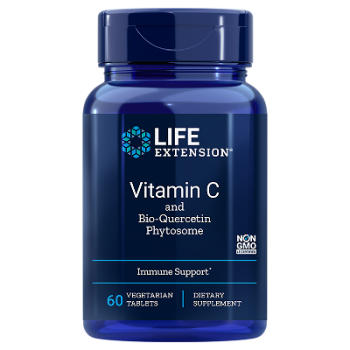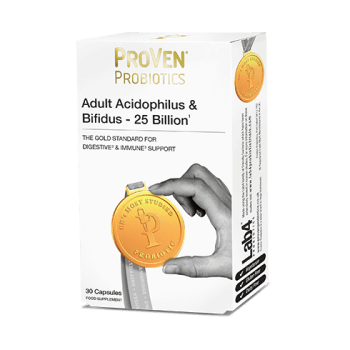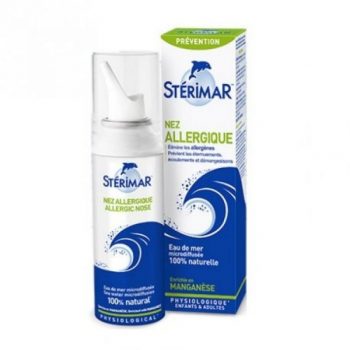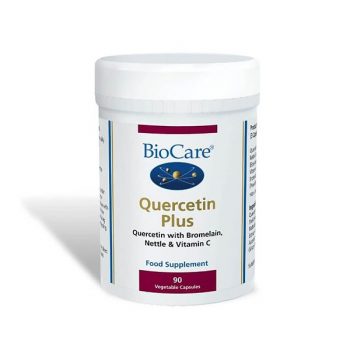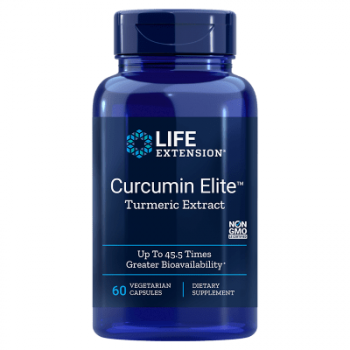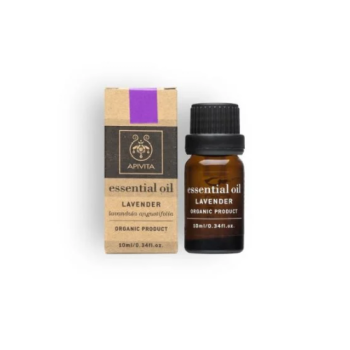In spring months, many people suffer from seasonal allergy, otherwise known as hay fever or allergic rhinitis.
Plants start blooming and produce pollen, which then is carried by the wind for many kilometers.
In Cyprus the most well-known plants that trigger allergies are: olive tree, pine tree, and cypress trees. When you inhale pollen you are allergic to, your body overreacts, releasing the chemical histamine to protect against the allergen.
Histamine release causes the allergic reaction: nasal congestion, sneezing, itchy and watery eyes. These symptoms sometimes can make your life miserable.
The easiest way to relieve this condition is taking antihistamine medications, which are available over the counter. Your pharmacist will help you choose the most effective and non-drowsy ones. It is good to start taking your antihistamine tablets a couple of weeks before the season starts to prevent the onset of symptoms.
Antihistamine eye drops are also used if you have very itchy eyes.
In addition to oral antihistamines and antiallergic eye drops there are some very simple tips and hacks which can lessen your allergy symptoms:
- Wear a mask outdoors to reduce the amount of allergens you inhale;
- Wear sun glass and a hat, which can prevent some amount of pollen from getting straight into your eyes;
- Change your clothes and shower when you get indoors to wash off allergic pollen;
- Use a saline nasal rinse, which flushes out allergens out of your nose and reduces the load on your system.
Using lavender essential oil can also help with allergies. Some studies have demonstrated that it helps to prevent allergic inflammation as well as the enlargement of mucous cells. It is easy to use lavender oil in a diffuser or add a few drops of it in a bath.
Taking certain food supplements can also become an effective part of an anti-allergic strategy:
- Vitamin C. It is well known for its anti-allergic, antioxidant and anti-histamine effect. It is better to use a buffered form of vitamin C if you have a sensitive stomach.
- Quercetin – can help stabilize the release of histamines, which decreases allergy symptoms. Studies show that quercetin, a natural medicine and phytochemical, is equivalent at fighting allergies to some prescription medications, all with little to no side effects.
- Probiotics – recent studies show that probiotics may be able to alleviate the severity of hay fever symptoms. Scientists think that by supporting the diversity of “friendly” bacteria in the gut stimulates the immune system and lessens the impact of allergies.
- Curcumin – In humans, curcumin can dramatically reduce allergic rhinitis. One recent study demonstrated that allergic rhinitis improved by 70% in those taking curcumin. The trick is to take curcumin supplements with high bioavailability, which is absorbed by the body in the necessary quantity.

